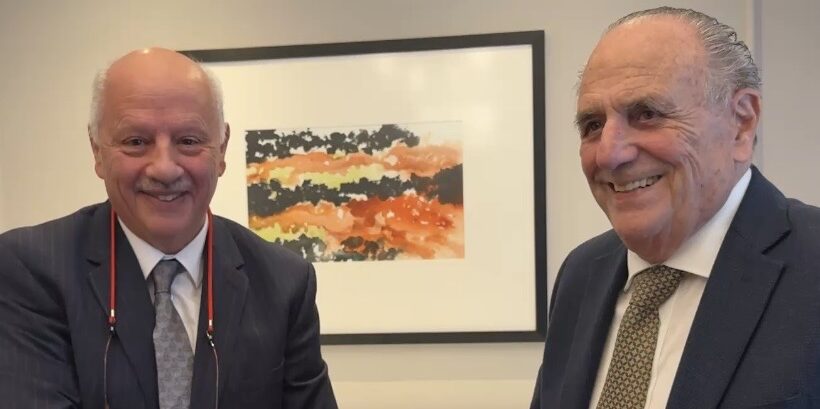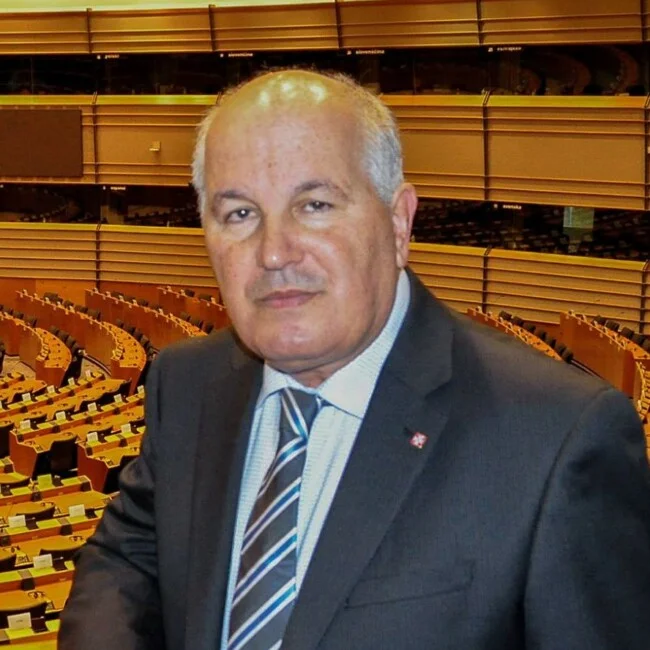In the world of CEOs and top-level management, people skills are an essential part of the job, but for some, this comes far more naturally than for others.
In their comments to BusinessNow.mt, Elaine Fenech a certified social etiquette consultant and tutor licensed and accredited by the International Etiquette and Protocol Academy of London, and Jo Caruana a business etiquette consultant accredited by the European School for Etiquette and Protocol in Brussels and CEO of Finesse Group, share their thoughts on the difference between a human and one that comes across as disingenuous.

Both business leaders agree that while it is perfectly fine, if not welcome, for management to express and show their human side, it is important for them to keep it real. In this regard, Ms Fenech believes, that being human goes far beyond expressing one’s emotions.
“Walk around your office, speak to people, touch their hearts, make them smile, and acknowledge their most difficult moments,” she suggests while insisting that showing vulnerability is important, as long as it is done “in the right way and the right context.”

Ms Caruana goes a step further in her advice and differentiates between a genuine leader and a fake one.
“If you only turn on the sob story when things get tough, you risk looking like a fraud” says Ms Caruana referring to a recent social media post showing a CEO in tears as he fired staff members. “If the behaviour is fake – and let’s be real, it often is – your team and stakeholders will see right through you – and there’s nothing worse,” the CEO adds.
“Remember that, as the leader, you are the one with the ultimate responsibility – but also the ultimate benefits. If you do want to lead emotionally, be consistent and do so when things are good, bad and in-between”, Ms Caruana concludes.
‘A real honour’ – Co-Founder of Bracket on securing Malta Venture Capital fund investment
The company has recently raised $7 million in seed funding.
Sean Gravina calls for ‘breathing space’ for Malta’s catering industry
His words come at a time where the industry is facing rising costs and tax concerns.
Corinthia and University of Malta launch Alfred Pisani PhD Scholarship
It aims to advance sustainable tourism research.
Gozo’s tourism success must not come at the cost of its identity, GTA Chairman warns
The Chairman acknowledged the positive performance achieved in 2025 but stressed that growth must be balanced with preservation.









